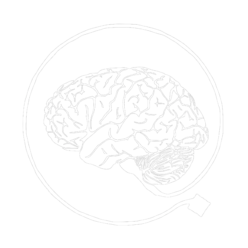Ellen Fridland (King’s College London)
(Please do not cite without author’s consent)
One prominent feature of skill is the way in which it is acquired. Skills are learned through practice and not through deliberation, reflection, or memorization alone. Philosophers have appreciated this fact about skill for ages[1] but despite a general recognition, no philosophical account of the exact connection between skill and practice has ever been forwarded. To make clear what I mean, compare the following questions: one might think that when we ask about the connection between practice and skill, we are asking a question about final causes. As such, when we ask, “what is learned through practice?” the obvious answer would be: “skill”! However, we might take the question to be of a different sort, to be a question about formal causes and, thus, to be something like the following: “how does practice change our behaviors such that they go from being awkward, unskilled actions to elegant, skilled performances?” If that’s the question we are asking then what we want to know is how practice changes or impacts our behaviors. That is, we don’t want to know what practice is for but we want to know what practice does.[2] It is this latter question that I will explore in this paper. Importantly, once the answer to that question becomes clear, we will be in a position to see why skilled performances, though automatic in many ways, cannot be thought of as mindless, brute or unintelligent. Rather, skilled actions are cognitive and minded almost all the way down.
This paper will proceed in four sections: in the first section Continue reading KEYNOTE: Longer, Smaller, Faster Stronger: on skills and intelligence
